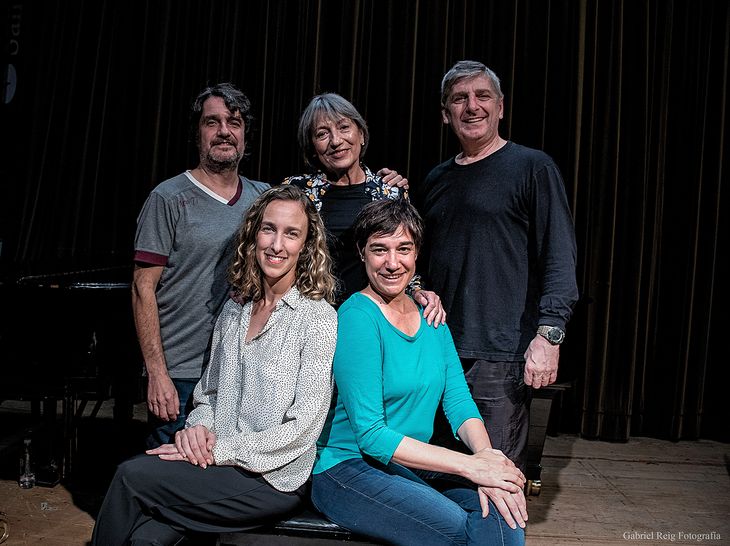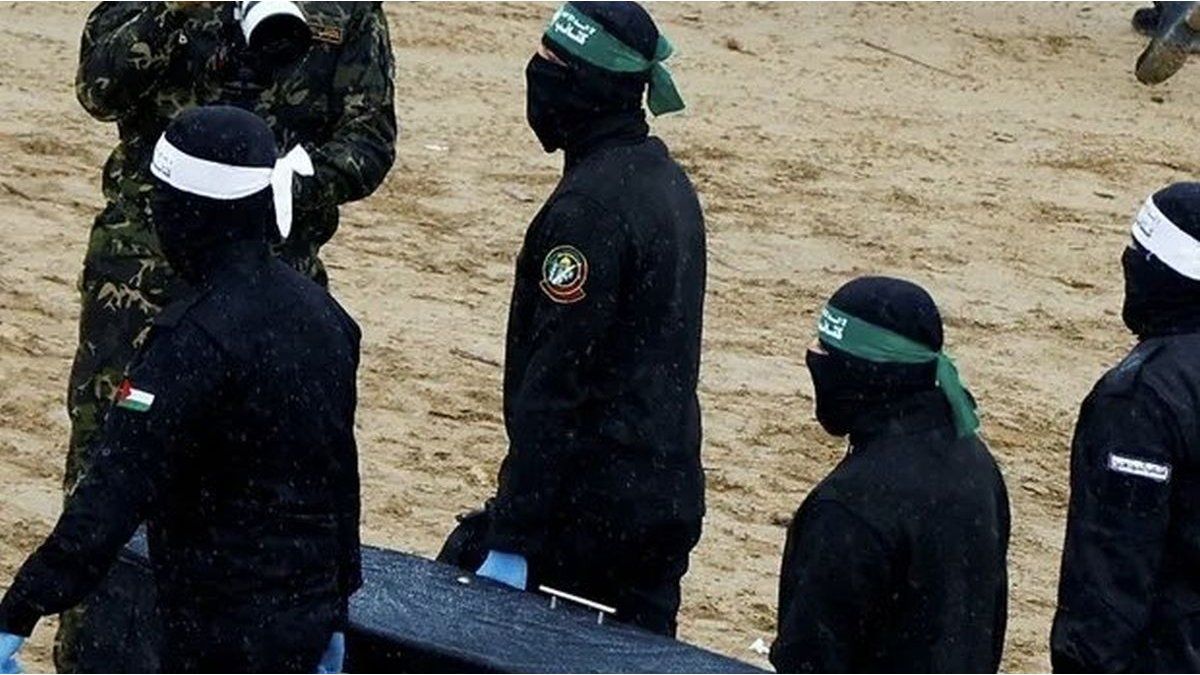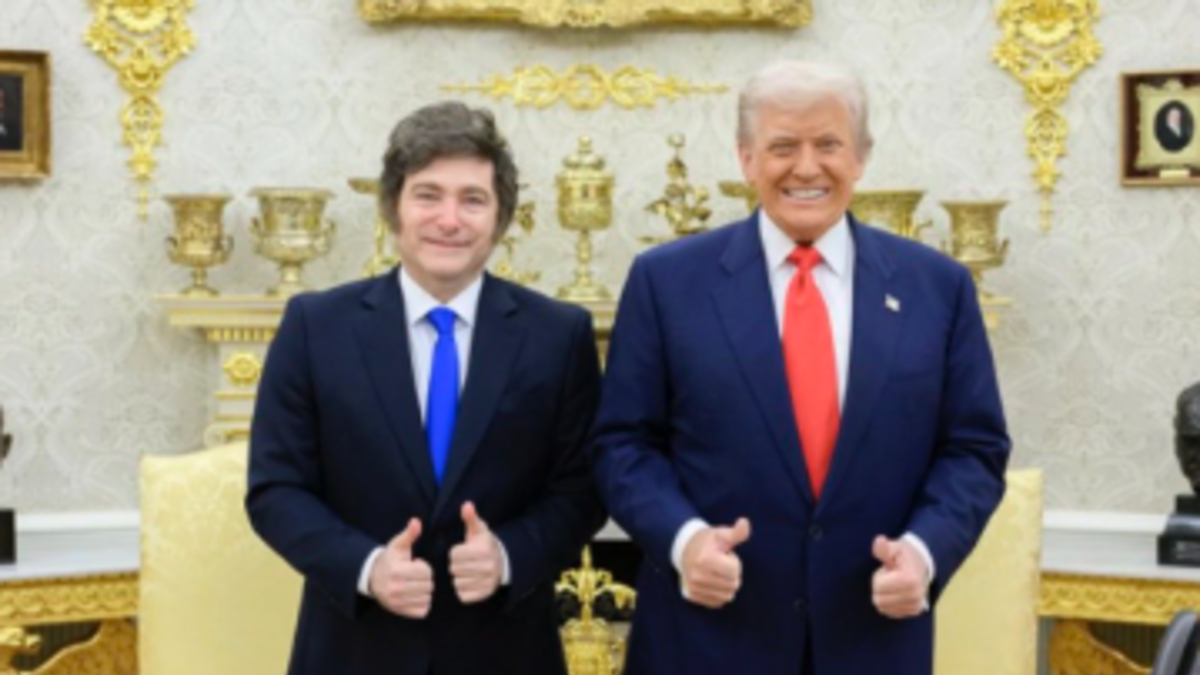“Science is not expensive, ignorance is expensive. As Houssay said, education and public health are unavoidable rights,” says Bety Gambartes, co-author and director “The road less traveled” about an idea Belen Pasqualini who with this work pays tribute to his grandmother, the scientist Christiane Dosne Pasqualini.
With the support of the National Academy of Medicine, this chamber opera that fuses science and art is based on a fundamental figure in leukemia research. Born in France, she arrived in the country and became the first woman in the National Academy of Medicine.
With the actions of Belén Basqualini, Néstor Caniglia, Natalia Cappa, Belén Pasqualini and Lucas Werenkraut, The work covers the close working relationship between the Dr. Dosne, her husband Dr. Rodolfo Pasqualini and his teacher, Dr. Bernardo Houssay, Nobel Prize in Medicine. The piece is a reflection on the scientific work of 20th century Argentina and the portrait of a woman who had to balance her professional interests with her life as a mother and wife.
With music from Facundo Llompart, It is presented on Thursdays at 8 p.m. at the Beethoven Foundation, Santa Fe 1452, CABA. We talk with Gambartes, who returns to chamber opera after “Discepolín and me”, “Manzi, life in orsai” and “Who is Clara Wieck?”
Journalist: How did you come to the figure of this doctor?
Bety Gambartes: I came to Christiane through the invitation of her granddaughter, Belén Pasqualini, and Facundo Llompart, the composer. Today we are 10 people on stage and 8 artistic collaborators. 18 people working ad honorem on a project that everyone was excited about. Personally, what attracted me to Christiane was her perseverance, her eagerness for knowledge, and her humility.
Q: How were you able to synthesize the spirit of his life, his struggle, his relationship with Houssay and everything in the key of chamber opera?
BG: I have been working for many years on this type of projects, which gave rise to “Discepolín and I”, “Manzi, la vida en orsai”, or about romantic classical music like “Who is Clara Wieck” and now about a scientist. I am interested in beings who give us an identity and who are an example of life in search of an ideal, a vocation.
Q: How was that delicate balance, or not, with being a wife and mother?
BG: Christiane always knew her desire to be a mother. She had five children and a husband, a doctor, who always supported her. She lived motherhood and her profession in happy conjunction.
The Road Less Traveled_Cast and Director – 11.jpg
Q: Why do they call it a musical theater experiment?
BG: The experimental opera was playing with the idea of the experiments that C. and ours carried out when creating the work. From the cast that has different origins, two lyrical singers, a musical theater singing actress and an actor who does not sing but who must have a strong musical sense that allows him to say the texts on a very precise score to the character of the music that It emphasizes timbral development in constant counterpoint with the texts.
Q: In what sense does she choose the road less traveled?
BG: The Road Less Traveled comes from a poem by Robert Frost, which C. loved. “Two roads diverged in a forest and I…I took the one less traveled by and that made all the difference.” The path of the researcher, almost anonymous solitary in which he is just one more link in a path of searches, failures and discoveries.
Q.: How can we link the story of this woman today with the cuts in science, education and culture that we are experiencing?
BG: C.’s professional life, like Houssay’s, should serve as an example for us to understand that science is not expensive, ignorance is expensive. As Houssay said, education and public health are unavoidable rights. Defending Argentine science is key to our future.
Q: How did you work on the setting?
BG: I worked on this piece as always. There are no differences for me between a traditional opera, musical theater or prose theater. Although each one has its characteristics, I approach them in the same way: with passion.
Source: Ambito
I am an author and journalist who has worked in the entertainment industry for over a decade. I currently work as a news editor at a major news website, and my focus is on covering the latest trends in entertainment. I also write occasional pieces for other outlets, and have authored two books about the entertainment industry.




